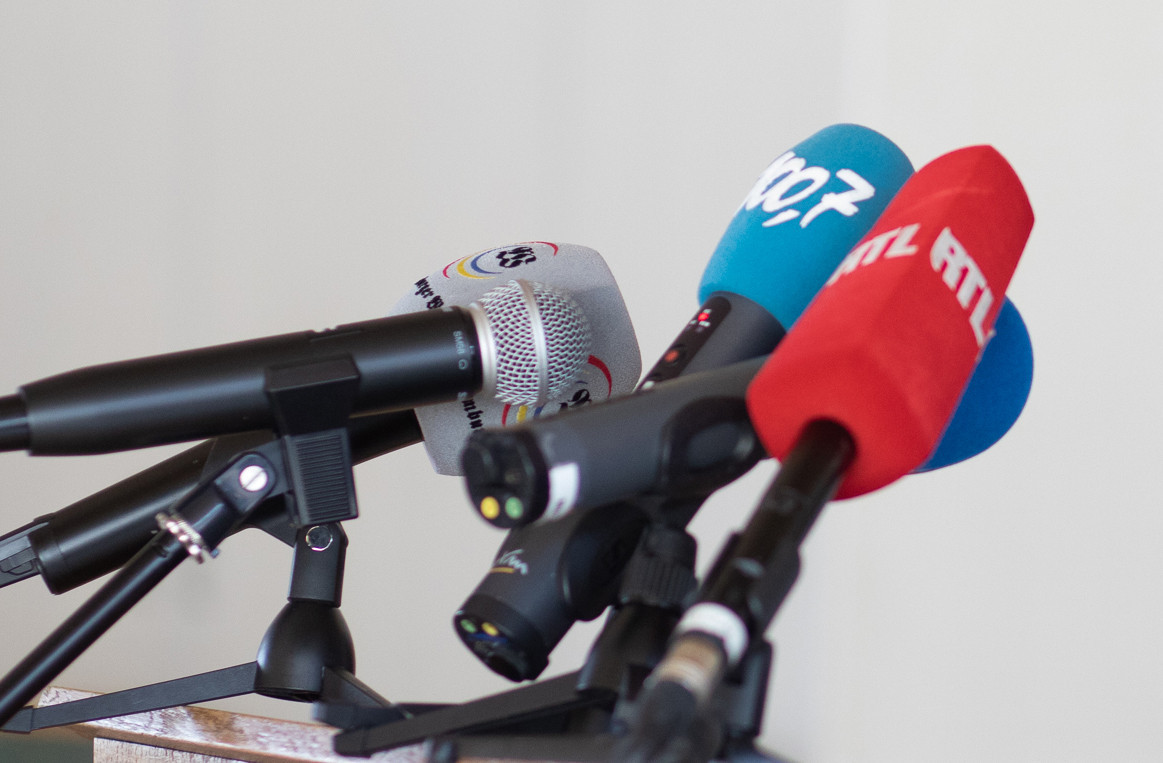Prime minister Xavier Bettel (DP)--who is also Luxembourg’s media minister--inked the deal with the University of Luxembourg, which should provide data to help develop policies for a more “diverse and sustainable” media landscape, a statement said.
A study last year by the Global Media Monitoring Project, for example, found that in Luxembourg media. They accounted for only 20% of sources cited in news reporting.
The university will carry out an annual survey to deliver quantitative and qualitative data on the media landscape, analysing the role of media outlets and their consumers. Further research in the area of media and communications is also foreseen as well as events open to the public on the topic of media in society.
Researchers at the University of Luxembourg already provide input on the country’s media to the Media Pluralism Monitor, an EU-wide analysis of the media market, basic protections, media independence and inclusiveness.
In its , the monitor for Luxembourg said that the government is too closely controlling access to information about the covid-19 pandemic. But it also called out media companies for poorly managing their funds and a lack of diversity in management boards.
Under the agreement, the government will be investing €250,000 over three years, which will fund a post-doctoral research position, external experts, events, travel and other costs. The work will tie in with a centre for digital ethics that the university is developing.
One of the University of Luxembourg’s official missions is to contribute to the social, cultural and economic development of the country. The government on a regular basis calls on the institution for academic research. This has included studies on Luxembourg’s WW2 history but also research to help develop its space resources law, among others.
The university’s independence and academic freedom, however, are enshrined in its statutes. “It is understood between the parties that no stipulation of this agreement can be interpreted as undermining scientific independence, the academic freedom of the university or other scientific activities of the university,” Wednesday’s agreement said.
